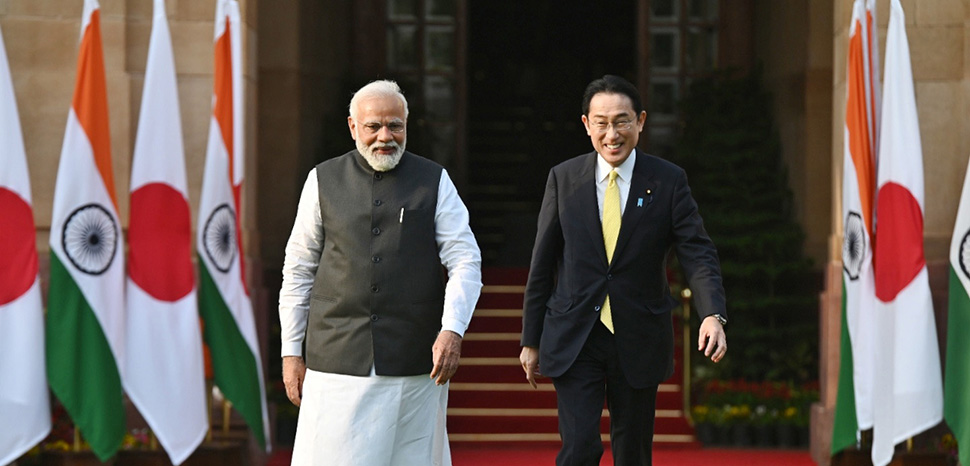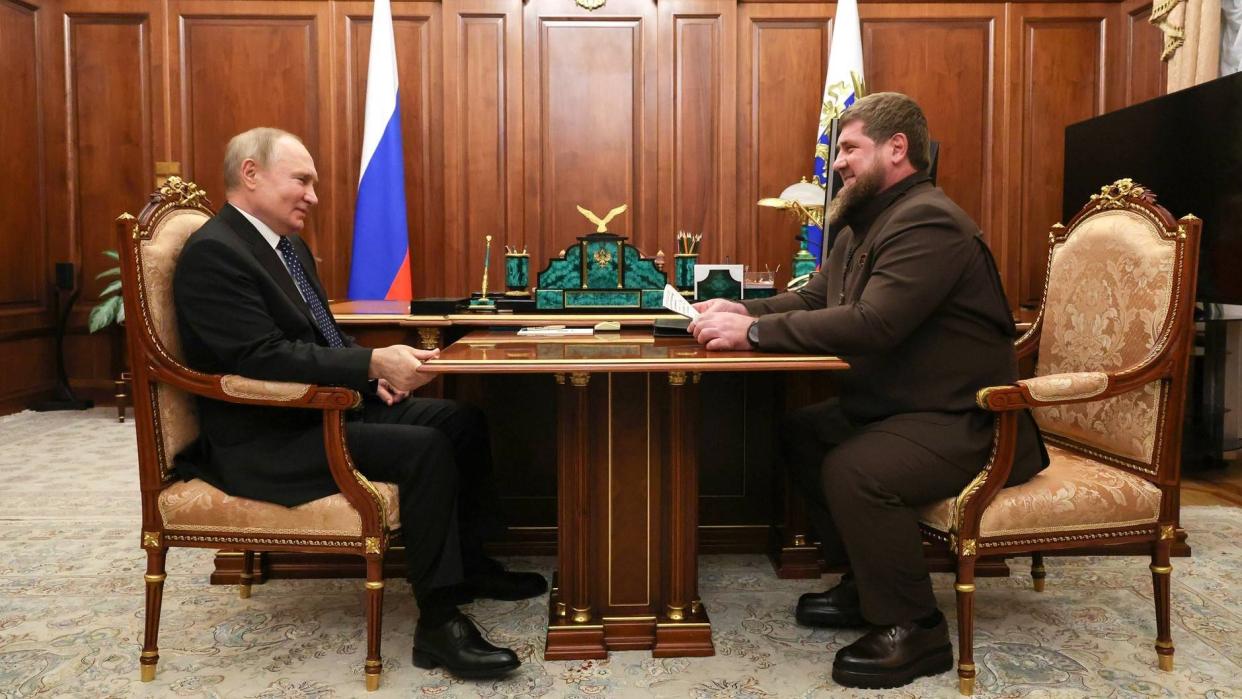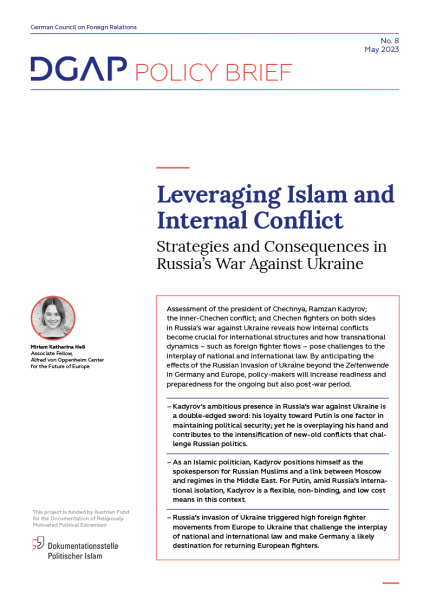Maj Gen P K Mallick, VSM

Development of Social Media (SM) is a relatively new phenomenon. Between 2004 and 2014, all 22 of the world’s biggest Social Media (SM) networks were developed and launched. Facebook was the first to be started on February 4, 2004. The rapid global increase in mobile telephone usage helped the growth of SM. SM can be fun, exciting, entertaining and useful for maintaining relationships. For
marketing, managing their public image, connect with customers and solicit ideas and feedback people can use social media websites for professional reasons. SM can be used to issue warnings for cyclones, floods or other disasters. Homebound people who are ill, stay-at-home parents, or retired use social media to stay connected.
SM can also be used for political polarisation and radicalisation. SM is being used by both state and non-state actors to further their own interests.SM has been utilised to recruit terrorists, organise revolutions and riots, encourage attacks, collect funds, glorify gangs and spread violence. Terrorist organisations like al-Qaeda and the Islamic State exploit the social media to radicalise, recruit and deploy young people in service of their terrorist causes. The 2011 Arab Spring and 2011 London riots have shown how social media can impact matters of national security. A recent Oxford University study found evidence of disinformation campaigns run by state actors in more than 70 countries around the world. Most of these countries are authoritarian regimes that use SM to threaten activists and journalists with hate and violence, spread pro-government propaganda and drown out opposing voices.
Today 62 % of US adults get news on social media. While traditional media has lost credibility with readers, internet sources of news have actually gained in credibility. News business change with buzz feed. The majority of readers spend most of their reading time scanning headlines rather than reading the story. The headline and not the story has become the single most important element of the news.

SOCIAL MEDIA: A STUDY OF SOCIAL MEDIA AND ITS IMPACT ON CONTEMPORARY WARS/CONFLICTS BY LT GEN S R R AIYENGAR PVSM, AVSM, VSM UDAY PUBLISHING HOUSE, INDIA PAGES: 152 IN HARDCOVER PRICE: RS. 699/-
The emergence of social bots, artificial intelligence and computational propaganda will soon enable highly persuasive machine-generated communications. Artificial Intelligence creates hyper-realistic false narratives online. An automated system uses the mass of online data to infer your personality and interests, religious affiliation, political preferences and demographic data.
It knows which social media platforms and news websites you visit. The system dynamically creates content specifically designed for your specific psychological frame and achieve a particular outcome. Digital tools have terrific advantages over humans. Once an organisation creates and configures a sophisticated AI bot, the marginal cost of running it on millions of user accounts is relatively low. They can operate 24/7 throughout the year and respond to events immediately. In an information environment where the first story to circulate may be the only one that people register, even if it is untrue, this is critical.




